Intro
Boost fertility with 7 tips to get pregnant naturally, including diet, lifestyle, and conception techniques, to increase chances of pregnancy and overcome infertility issues.
Getting pregnant can be a thrilling and nerve-wracking experience for many couples. While it's natural to feel a mix of emotions, there are several tips and strategies that can increase the chances of conception. Understanding the basics of fertility and how to optimize it can make a significant difference in the journey to parenthood. For those trying to conceive, it's essential to approach the process with a combination of knowledge, patience, and positivity.
The journey to getting pregnant involves a deep understanding of both male and female reproductive health. It's not just about the physical aspects but also about the emotional and psychological readiness of the couple. Factors such as lifestyle, diet, and overall well-being play crucial roles in determining fertility. By making informed choices and adopting healthy habits, couples can significantly enhance their chances of getting pregnant.
For many, the process of trying to conceive can seem daunting, especially with the abundance of information available. However, by focusing on key areas such as health, timing, and stress management, individuals can navigate this journey more effectively. It's also important to remember that every person's body is unique, and what works for one couple may not work for another. Thus, it's vital to find a personalized approach that suits each individual's or couple's specific needs and circumstances.
Understanding Fertility
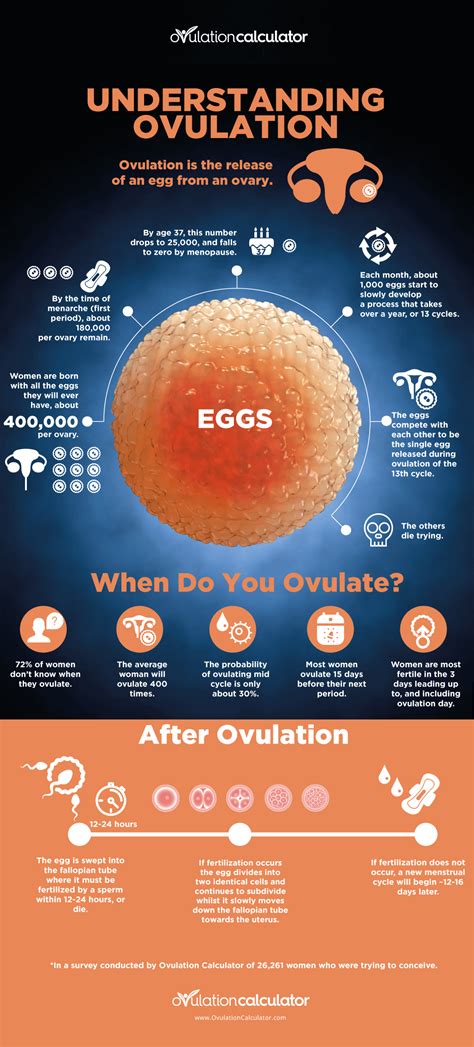
Understanding fertility is the first step towards getting pregnant. Fertility refers to the natural capability to produce offspring. In humans, fertility is dependent on various factors including age, health, and lifestyle. For women, fertility declines with age, especially after the age of 35, due to the decrease in the quality and quantity of eggs. Men's fertility also decreases with age, although the decline is less pronounced than in women.
Factors Affecting Fertility
Several factors can affect fertility, including diet, exercise, stress levels, and exposure to toxins. A diet rich in fruits, vegetables, and whole grains can support fertility, while a sedentary lifestyle and high stress levels can negatively impact it. Additionally, exposure to certain environmental toxins and substances, such as heavy metals and pesticides, has been linked to reduced fertility.Improving Fertility
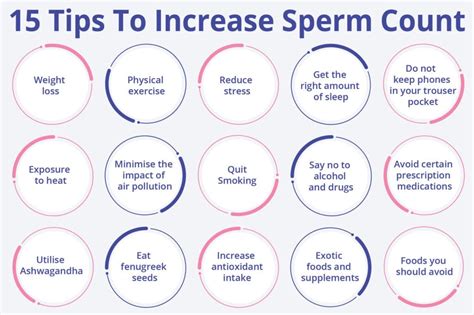
Improving fertility involves making conscious lifestyle choices. This can include adopting a balanced diet, engaging in regular physical activity, managing stress through techniques like meditation or yoga, and avoiding harmful substances. For women, being aware of the menstrual cycle and timing intercourse during the fertile window (the five days leading up to ovulation and the day of ovulation) can significantly increase the chances of getting pregnant.
Role of Diet in Fertility
Diet plays a crucial role in fertility. Foods rich in antioxidants, such as berries and leafy greens, can help protect the reproductive cells from damage. Omega-3 fatty acids found in fish and nuts support hormone production and can improve fertility. Adequate intake of folic acid, iron, and other essential vitamins and minerals is also vital for reproductive health.Timing and Ovulation
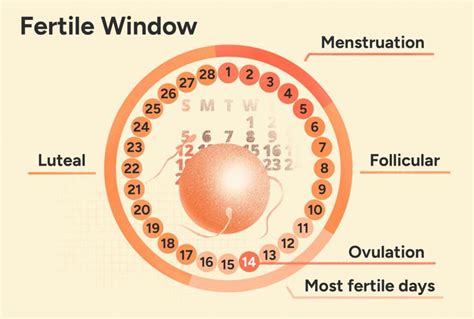
Understanding timing and ovulation is key to getting pregnant. Ovulation is when the ovary releases an egg, which then travels through the fallopian tube. This is the most fertile time in a woman's menstrual cycle. Using an ovulation predictor kit or tracking basal body temperature can help identify the fertile window. Having regular, unprotected sex during this time maximizes the chances of conception.
Importance of Regular Intercourse
Regular intercourse, especially during the fertile window, is crucial for getting pregnant. The sperm can survive inside the female reproductive tract for up to five days, and the egg is viable for about 24 hours after ovulation. Therefore, having sex every other day during the fertile window can ensure that sperm are present when the egg is released.Managing Stress
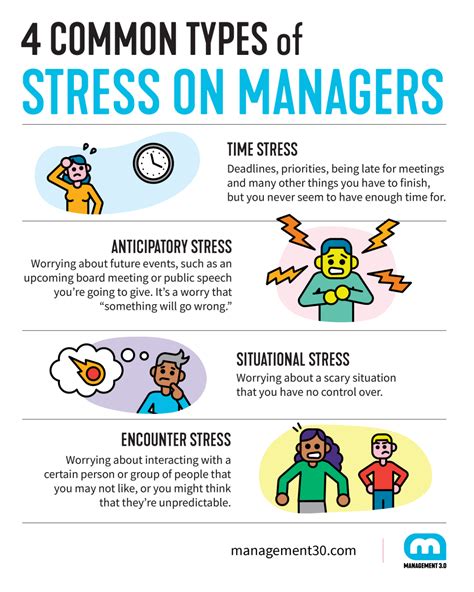
Managing stress is an often-overlooked aspect of fertility. High levels of stress can disrupt the balance of hormones necessary for ovulation and conception. Engaging in stress-reducing activities such as meditation, yoga, or deep breathing exercises can help mitigate the negative effects of stress on fertility.
Stress Reduction Techniques
Techniques for reducing stress include mindfulness practices, physical activity, and seeking social support. Mindfulness practices help individuals stay present and focused, reducing anxiety about the future or past. Regular physical activity not only improves overall health but also releases endorphins, which are natural mood elevators. Connecting with friends, family, or a therapist can provide emotional support and help manage stress.Maintaining a Healthy Lifestyle
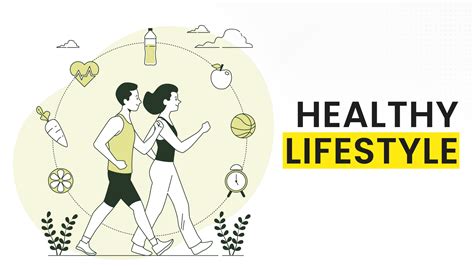
Maintaining a healthy lifestyle is foundational for fertility. This includes avoiding excessive alcohol consumption, quitting smoking, and limiting caffeine intake. These substances can impair fertility in both men and women. Additionally, maintaining a healthy weight through a balanced diet and regular exercise is crucial, as being underweight or overweight can affect hormone production and fertility.
Impact of Lifestyle Choices
Lifestyle choices have a direct impact on fertility. For example, smoking can damage the reproductive organs and decrease fertility, while excessive alcohol consumption can interfere with the balance of hormones necessary for conception. A healthy lifestyle supports the reproductive system, enhancing the chances of getting pregnant.Seeking Medical Help

Seeking medical help is an important step for those who have been trying to conceive without success. Fertility issues can stem from various factors, including underlying medical conditions, and a healthcare provider can offer guidance and treatment options. This may include fertility tests to identify any issues, medications to stimulate ovulation, or assisted reproductive technologies like IVF.
When to Seek Help
It's recommended to seek help if a couple has been trying to conceive for over a year without success. For women over 35, this timeframe is shortened to six months due to the decline in fertility with age. Early intervention can lead to more effective treatment and a higher chance of successful conception.Conclusion and Next Steps

In conclusion, getting pregnant involves a combination of understanding fertility, making healthy lifestyle choices, and sometimes seeking medical assistance. By being informed and proactive, couples can navigate the journey to parenthood with greater ease and confidence. Whether it's through natural conception or with the help of fertility treatments, the path to starting a family is unique to each individual or couple.
As you consider these tips and strategies for getting pregnant, remember that every journey is unique, and patience and persistence are key. Don't hesitate to reach out to healthcare professionals for personalized advice and support. Share your experiences and the information you've learned with others who may be on a similar path, and together, build a community of support and understanding.
How long does it typically take to get pregnant?
+It can take anywhere from a few months to over a year for most couples to get pregnant, with the majority achieving conception within six months to a year of regular, unprotected sex.
What are the most critical factors affecting fertility?
+Age, overall health, lifestyle choices (including diet, exercise, and substance use), and timing of intercourse in relation to ovulation are among the most critical factors affecting fertility.
When should a couple seek medical help for fertility issues?
+Couples should seek medical help if they have been trying to conceive for over a year without success, or sooner (after six months) if the woman is over 35 years old, due to the age-related decline in fertility.
